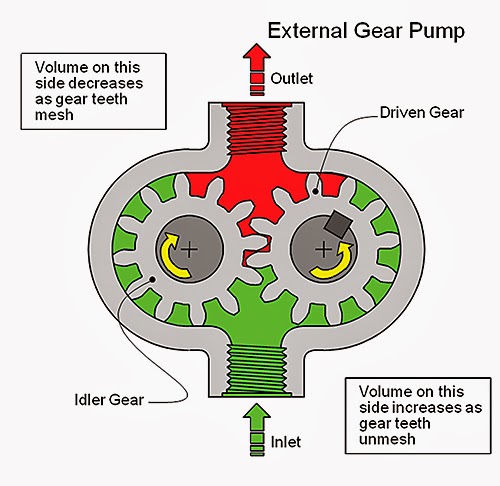Do you remember the last time you wrote anything like letter, article as a assignment or even a post in your blog? Of Course not that's why you are here reading this article to know what exactly you should write about. Very often we feel the necessity of writing something just for the sake of getting at least something out there – but don’t actually have anything in mind.So try brainstorming interesting ideas .
No matter what you are going to be writing about, it’s important that the end-user finds value in it. The presentation of the information is equally important as many internet sites present already existing generic information in a very interesting manner to create interest among people and these sites are doing pretty well.So remember your matter, its value, relevance with respect to present scenario and presentation, everything must be focused well.
Below is the list of some fun and creative ways for you to come up with excellent ideas and content.
Blog Lists
List posts is a useful to find a topic. People love making lists of stuff they enjoy writing about, and there is a good chance your blog readers will enjoy these list posts as well.
The great thing about lists is that they can be applied to any niche and people love to reach through them as most are short and loaded with pictures for easy viewing.
How-To Posts
How-to topics are hot and also doing good in blogging. People loves instructions that comprises of simple steps and can be quickly done. Choose any such topic like “how to make chicken in an oven” or “how to set up a small business”.Google some questions to see what shows up, then try to answer them. While writing your post try to focus on quality, provide the best,clear and easily understandable solution so people will like and share your content. Try to make it more informative in a unique way and also create some humor and interesting facts.Pictures will do much of your work and will help end users to understand things easily.
Reviews & Recommendations
Blog reviews and recommendations are useful in almost every niche. Write reviews on anything products,recipes , current affairs, technology, restaurants and spas, hotel chains, movies, books, mobiles technology and gadgets. If you have actually tried the product/service then go for that as it would help you to express your views in a better way. If you are targeting any specific product or industry, reviewing products will help you to generate more sales .Huge consumers are now a days looking for reviews online before making a purchase like in mobiles. Now a days even movie reviews are becoming popular as consumer after reading newspaper and seeing the rating of movies on sites like http://www.imdb.com go for any movie.
World Events
Current events are evergreen topics. People want to be updated on what is happening around them. Don't write about world news. See the hot topics in the world news right now going on and then give a shot at it.
Twitter Search is a great to keep oneself updated about the present scenario of world. Infact it is a very strong tool to express yourself in few words/lines and get connected with the world
Blogging Tips
If you have a “blogging” or “WordPress” blog, then your personal advice and tips can go a long way. Thousands of new people start a blog everyday, which means there is still a great demand for blogging resources and tutorials, even at the most basic levels. Every blogger wants to be a bigger and better blogger, and millions of searches are performed in this niche alone everyday.
Other top authority blogs are writing about what should be a matter of concern if you want to do well in this field. You can go on creating new content around what they are talking about but don't copy them. Novelty is respected everywhere. It will definitely increase engagement and comments on your blog.
Link roundup is another technique many bloggers are using. To do this, write a post including a list of links to other blog posts publishing great posts or to those websites that you like. This is also a great way to get other sites to link back to yours and share your link roundups as well. Explain why you find the site useful, and what value it could bring to your users.
Interview some famous person or an expert in your blog’s niche weekly or monthly.
Google Trends
You should be aware of what people are searching for and here comes google trends in picture. This could be anything from world events, social media, sports, technology and entertainment news and much more list is too long. Google created
Google Trends to allow anyone to see the hot topics on the internet search right now. Here is the link http://www.google.com/trends
When it comes to writing blog content, you are writing to engage with your audience and not just push something new out there. Pushing out uninspired, poorly written articles because you “have” to reflects poorly on your blog and can affect your rankings. The best articles are web content that people find value in and then share with their friends, social networks or even write about on their own sites. If you don’t find value in your own content, why would someone else?








